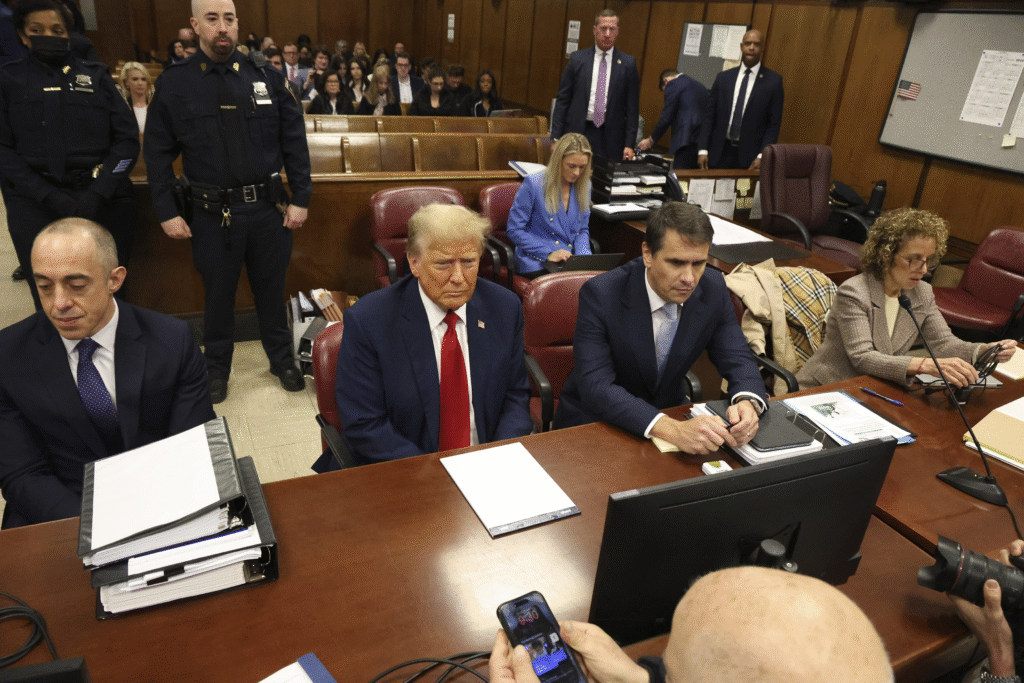1. What Does Obfuscate Mean?
According to Merriam-Webster Dictionary:
“To make obscure or unclear; especially by being evasive, confusing, or misleading.”
The Cambridge Dictionary defines it as:
“To make something less clear and harder to understand, especially intentionally.”
In essence, obfuscate means to cloud understanding or hide the truth through complexity.
2. Origin and Etymology
The word obfuscate comes from the Latin obfuscat, meaning “darkened,” from ob- (over) and fuscus (dark).
It entered the English language in the 16th century and has been used in academic, legal, and technical settings ever since.

3. Synonyms and Antonyms
Synonyms:
- Confuse
- Blur
- Cloud
- Complicate
- Befog
- Muddle
Antonyms:
- Clarify
- Illuminate
- Simplify
- Explain
- Elucidate
Check more synonyms on Dictionary.com.
4. Real-World Examples of Obfuscate
In Everyday Life:
- A politician giving a vague answer to avoid revealing the truth.
- A technical manual that uses jargon instead of plain English.
In the Workplace:
- Emails filled with buzzwords and no clear message.
- Reports that are intentionally complex to mask poor results.

5. Obfuscate in Technology and Programming
In tech, obfuscation refers to deliberately making code harder to read or understand.
Why?
- To protect intellectual property
- To prevent reverse engineering
- To reduce file size
However, it can also make debugging and maintenance very difficult.
6. Legal and Political Use of Obfuscate
Lawyers and politicians often use obfuscation to:
- Avoid giving direct answers
- Introduce loopholes
- Delay action by confusing others
Example:
“The contract language was so obfuscated that it took a legal team to decode it.”

7. Obfuscate in Literature and Media
Writers sometimes use obfuscation:
- For artistic effect
- To reflect a character’s confusion
- To build suspense
While this can enhance storytelling, it can also frustrate readers if overused.

8. Psychological and Social Impact
When someone regularly obfuscates:
- It leads to mistrust
- Creates barriers in communication
- Causes stress and confusion
Clear communication builds stronger relationships, both personally and professionally.

9. How to Avoid Obfuscation
Tips to stay clear and transparent:
- Use simple language
- Define complex terms
- Be direct and concise
- Avoid jargon unless your audience understands it
10. Famous Quotes on Clarity vs. Obfuscation
“If you can’t explain it simply, you don’t understand it well enough.” — Albert Einstein
“The great enemy of communication is the illusion of it.” — William H. Whyte
These quotes emphasize the value of clarity over complexity.
11. Test Yourself: Recognize Obfuscation
Q1. Which sentence is obfuscated? A) The system failed due to a timeout error.
B) An inconsistency in operational delivery metrics impacted outcome resolution.
Answer: B

12. Obfuscate vs Similar Words
| Word | Meaning | Usage |
|---|---|---|
| Obfuscate | Intentionally make unclear | Legal docs, programming, politics |
| Confuse | Cause someone to be perplexed | Emotionally or logically confusing |
| Complicate | Make more difficult than necessary | Processes, explanations |
| Muddle | Mix up things into disorder | Thoughts, plans |

13. Translations in Other Languages
| Language | Word | Translation |
| Hindi | गोभ करना | Confuse or make unclear |
| Spanish | Ofuscar | To darken or cloud |
| French | Obscurcir | To obscure or dim |
| Japanese | 曖昧にする (Meimou ni suru) | To make unclear |
14. FAQs About Obfuscate
Q: Is obfuscation always intentional?
A: Not always. Some people may obfuscate unintentionally due to lack of clarity.
Q: Is it wrong to obfuscate?
A: It depends on intent. In security, it’s strategic. In communication, it’s often seen negatively.
Q: How can I tell if someone is obfuscating?
A: Look for overly complex language, vagueness, or a lack of direct answers.
15. Final Thoughts: Clarity Is Power
In an age of information overload, clarity is a form of kindness. Obfuscation, on the other hand, can mislead, confuse, and damage trust. Whether you’re writing, speaking, coding, or negotiating—aim to enlighten, not obscure
